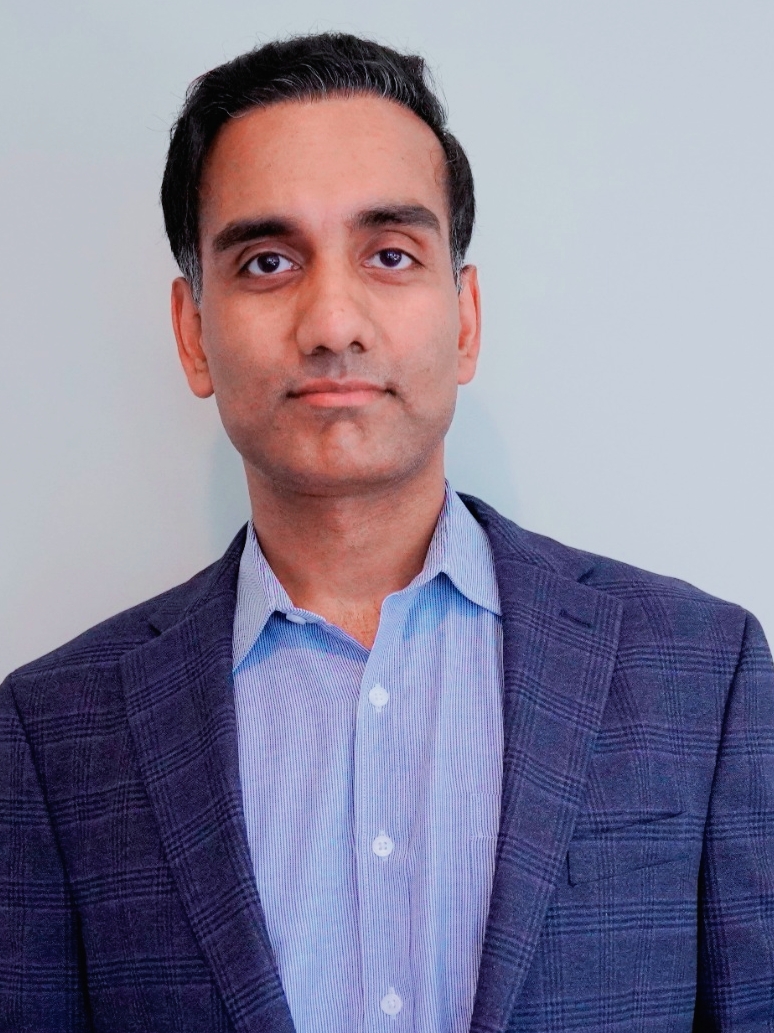In today’s intricate healthcare landscape, seamless data exchange across diverse systems has shifted from a convenience to a critical ethical and business imperative. Interoperability has become the foundational element that enables healthcare IT systems to communicate effectively and exchange real-time data across the continuum of care. This capability is vital for optimizing clinical workflows, enhancing patient outcomes, and ensuring compliance with regulatory mandates such as the ONC and CMS
Read More
The Future Of AI In Healthcare Is Not A Zero-Sum Game
The exasperation among doctors frustrated by prior authorization battles with health insurance providers is not unique. Prior authorization frustrates everyone in the healthcare industry — to say nothing of patients. But don’t forget about the health insurance company frustrations in this, too. For every doctor tired of submitting more information to justify warranted care, a payer is feeling the same frustration, having to make repeated requests for clinical information or waiting at the other
Read More
Healthcare Needs Innovation and Data Security: Can It Have Both?
Data is central to a wide range of exciting innovations in healthcare.
Wearable devices that monitor vital signs in real-time. AI to predict protein folding, which may speed drug discovery and boost scientific understanding of complex interactions happening within cells. Predictive analytics tools that can identify potential health risks.
Everywhere you look, you see data.
And wherever you see data, hackers see opportunity. Healthcare data is incredibly valuable on the black
Read More
Digital Blueprint for Healthcare: A Roadmap for Transformation
The digital arms race continues in healthcare as the industry struggles to tackle fundamental issues, including systemic labor shortages, spiraling costs, and the shift to preventative care. The sector is looking to technology to help solve these challenges, drive efficiency gains, and improve outcomes, and this has set the digital market on a path to be worth $939 billion by 2032.
Healthcare organizations today are trying to manage an array of technologies, both old and new,
Read More
End the ‘Sick Care’ Cycle: Revolutionizing Patient Health with Whole Person Care
Today’s healthcare system is broken—mostly operating as a “sick care” system that too often manages disease or symptoms without regard for the interconnectedness of the human body or the factors that serve at the root causes of disease. Care often consists of “quick fixes” and prescription-heavy treatments that don’t address these root causes. This “sick care” model prioritizes throughput and procedures over genuine health and wellness, leaving patients and providers feeling disconnected and
Read More
Epic UGM 2024: 3 Enduring Takeaways
Epic's Users Group Meeting (UGM) this year made one thing clear: AI adoption is accelerating, and fast. The developments we’re seeing are pushing the entire ecosystem of providers, payers, and patients to adapt. As a leader in AI medical coding, I see significant and exciting implications for leaders in health IT and revenue cycle management.
With a month of distance from UGM, what are the top three takeaways still shaping conversations and opportunities? Here are my takes and what they
Read More
Generative AI and Healthcare: Pragmatic Considerations for Proof of Concept Frameworks
In pure technology terms, there is no better example of an idealized solution in search of problems than AI in healthcare. Does it have great promise? Absolutely. Will it move from pilot to production-ready to solve a broad range of critical industry and organizational level problems rapidly, even this year? Unlikely. But hype cycles usually outpace reality when it comes to usability and the early adoption of highly disruptive technologies. The promise of AI in the healthcare
Read More
How AI is Transforming Hospitals: From Administration to Patient Access
Artificial Intelligence (AI) is often hailed as the frontier of technological advancement, and its impact on healthcare is profound. As a relatively young discipline straddling the line between computer science and sophisticated analytics, AI is increasingly becoming integral to hospital operations. But the true question remains: how is AI revolutionizing the way hospitals function? And perhaps more importantly, what does this mean for the future of patient care? To better understand the
Read More
High Stakes of Digital Transformation in Healthcare: Why Build vs. Buy Matters
There has never been more pressure for health systems to invest in digital transformation, especially when it comes to strengthening the consumer experience, according to a recent Deloitte survey. Key findings from the research suggest that existing digital offerings available through health systems are not adequately meeting consumers’ needs.
For instance, Deloitte found that while health systems do a good job of meeting consumers’ access and care needs “within the walls,” their
Read More
Best Practices for Conquering Data Management Challenges in the Pharma Industry
Managing data effectively can be challenging in any context. But it's especially difficult in an industry like pharmaceuticals, due both to the sensitivity of the data and the severity of consequences that result from data management mistakes.
What can pharma companies do to implement an effective data management strategy? There are no simple answers, but as I explain below, there are best practices that can help optimize the way pharmaceutical businesses collect, integrate, analyze and store
Read More










